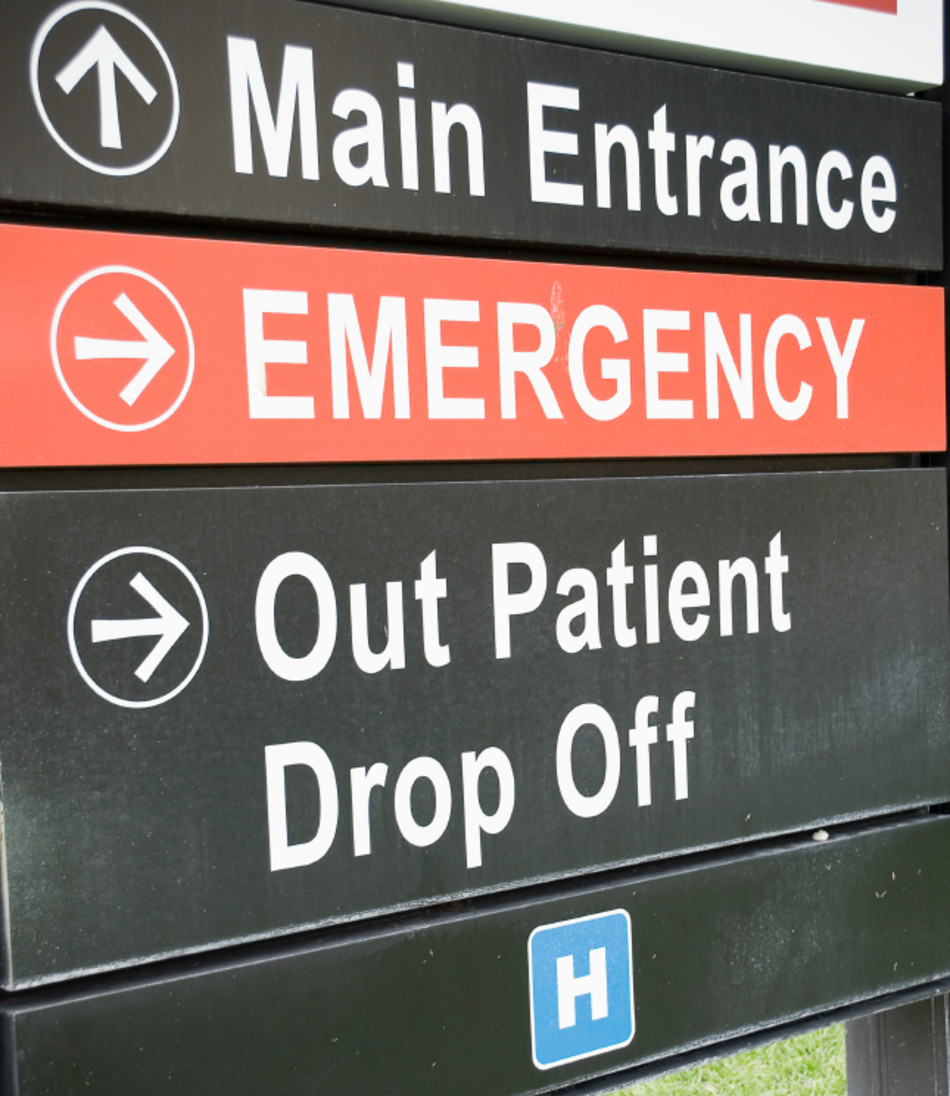
Episode Transcript
Announcer: Medical news and research from University of Utah physicians and specialists you can use for a happier and healthier life. You're listening to The Scope.
Interviewer: Drugs and the E.R., what happens if somebody comes in high or overdosing? We're with Dr. Troy Madsen, Emergency Medicine at the University of Utah Hospital.
Dr. Madsen: It's a tough question. Part of the reason it's a tough question is because anyone who's with that person is afraid of getting prosecuted. They're afraid of getting blamed for what happened to him, that they allowed it to happen. They're afraid of getting prosecuted for doing drugs themselves and being in that same situation. It really is a tough situation.
Interviewer: Or they're afraid that the person that's actually overdosing might get in big trouble.
Dr. Madsen: Exactly. Yeah. It's a concern of multiple fronts, so that's why occasionally we'll have the kind of . . .we don't get it so much here but elsewhere, you get the drive up and drop where you have people drive up in the car and drop the person out on the front of the E.R. It does happen.
Interviewer: Then they squeal away.
Dr. Madsen: Yeah, you see that in movies occasionally or TV shows, but it really does happen. That's the big concern people have. I think the biggest thing to keep in mind is that when you're in the E.R., we're not going to pursue any kind of action. I am not a legal authority. I am not an officer. Your information is safe with me. There's patient-provider confidentiality. I'm not going to report anything to the police from a drug overdose or something like that.
The other thing that comes out oftentimes is let's say it's not an acute overdose where someone just overdosed, but they're having some issues with something else and I ask them about their drug history, "Have you done any drugs?" I do find that people are very open about that. I think a lot of people have learned that I'm not going to go tell the police or report that sort of thing.
That is really important information for me to know when I'm taking care of you. In terms of the overdoses themselves though, just keep in mind once you're in the E.R. that's not information we're reporting. We're not turning either the patient in to the police or the individual who brought them. We just need to know that information and get them there to take care of them.
Interviewer: I don't know, maybe this doesn't happen in real E.R.s. On TV, sometimes you see police officers hanging out in the E.7R. What if they see you come in and they're like, "That looks like an overdose"? Can they do anything within those walls?
Dr. Madsen: They're not going to, no. We do have security guards in our E.R. That's for our safety to make sure things are okay there. If a patient were to come in after a domestic violence situation and that patient wanted to report it, then they can report it to the police. But the police aren't going to charge in the room in that situation or in a situation of a drug overdose or anything like that.
It's not like they're kind of just looking around, looking for someone to prosecute. Again, that patient information is protected. They're not privy to that information. That's not something they can even access without permission. So unless that's something you want to talk to the police about they're not going to be even aware of it nor can they take any action based on what you're telling me about in the E.R.
Interviewer: What's you're best advice, your takeaway message?
Dr. Madsen: My takeaway message is get help for the person. Think of them first. Be sure and get the assistance they need. Call 9-1-1 if they need 9-1-1. Get them to the E.R. Whatever you need to do make sire you get them the help they need.
Interviewer: We're your daily dose of science, conversation and medicine. This is The Scope, University of Utah Health Sciences Radio.